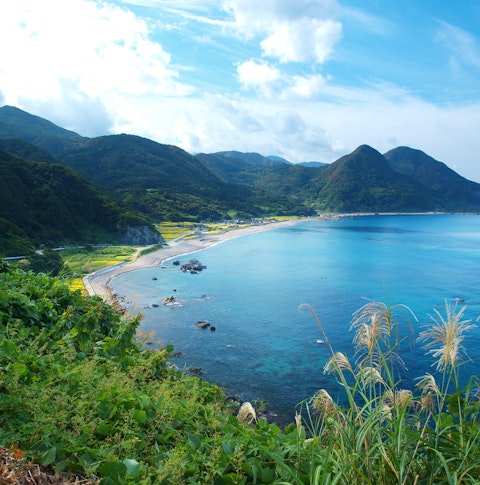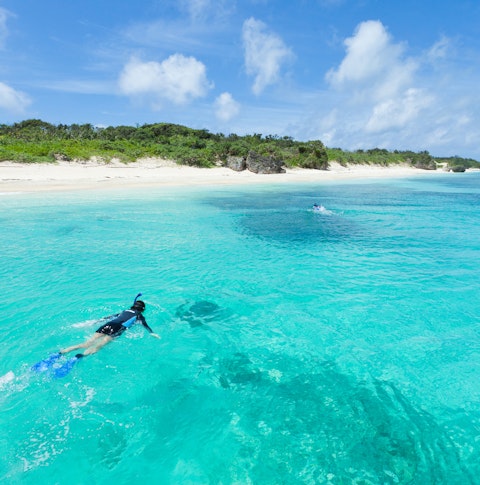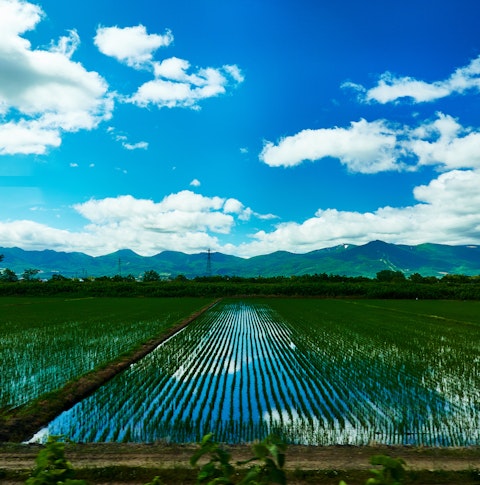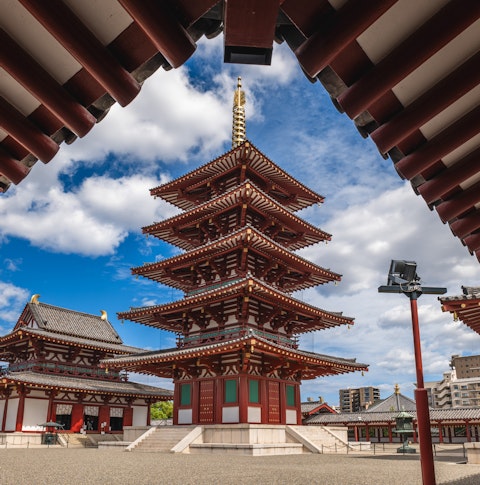
Nature’s Japan: A Journey into Biology & Wildlife Conservation
Nature’s Secrets: A Deep Dive into Japan’s Wildlife & Ecology
This 6-day educational trip offers students a unique blend of environmental science and Japanese culture. From Tokyo to the remote Sado Island, the programme includes hands-on activities such as ocean pollution surveying, beach clean-ups, and rice paddy conservation, alongside cultural experiences like temple stays, herbal foraging, and meeting local monks and biologists. Students travel by bullet train, ferry, and local transport, exploring Japan's natural ecosystems and traditional lifestyles.
Key Details
Packages from £2,099
Request a QuoteAn immersive 6-day adventure in Japan, blending environmental science with cultural experiences to explore conservation, biodiversity, and traditional practices.
Highlights:
- Stay in a traditional temple and explore Japanese cultural heritage
- Visit the Crested Ibis Park and learn from a local conservation biologist
- Take part in ocean pollution surveys and a beach clean-up
- Snorkel near a historic Edo-period village and tour rice paddies
- Forage edible herbs with a local expert and travel by bullet train and ferry
Your travel itinerary could look like...
Day 1

Upon arrival at Haneda or Narita Airport, students transfer to their hotel and receive a short briefing about the journey ahead. The rest of the day offers time to explore the local area independently. This initial immersion provides a first glimpse into Japan's urban biodiversity and environmental structure, setting the stage for comparison with rural ecosystems and conservation models to follow.
Day 2

Students embark on a multi-modal journey to Sado Island via Tokyo Station, Shinkansen, and ferry, learning to navigate Japan's efficient and eco-conscious transport system. Upon arrival, the group visits the Crested Ibis Rehabilitation Center, where they engage with a conservation biologist and observe this emblematic endangered species in its protected habitat. This day introduces key themes in wildlife conservation such as reintroduction strategies, habitat management, and the challenges of preserving biodiversity on isolated islands
Day 3

The day begins with a session on ocean pollution, followed by hands-on fieldwork surveying five coastal locations. Students participate in a beach clean-up and snorkelling session near Shukunegi Village, offering both marine ecological observation and practical conservation engagement. A guided tour through the Edo-period village contextualises how historical human activity coexisted with nature. This experience deepens students' understanding of marine ecosystems, pollution impact, and the importance of integrating cultural heritage in environmental protection.
Day 4

Students visit the historic Ogura rice paddies, where traditional irrigation systems are maintained to support local wildlife, including feeding grounds for the crested ibis. This hands-on exposure to environmentally friendly farming techniques demonstrates the role of sustainable agriculture in species conservation. In the afternoon, students explore the forest with a local herbalist, identifying and foraging edible plants. This activity fosters plant biodiversity awareness, local ecological knowledge, and the links between forest ecosystems and traditional food systems.
Day 5

The morning is dedicated to a cultural-ecological encounter with Monk Tomita-san, who guides students through the temple grounds and shares insights into its spiritual, historical, and environmental significance. This interaction offers a holistic view of conservation that includes ethical and cultural dimensions. The group then returns to Tokyo by ferry and train, allowing time to reflect on the integration of culture, nature, and conservation observed throughout the journey.
Day 6

Depending on flight schedules, students may have the opportunity to visit the National Museum of Nature and Science. This optional visit serves as a capstone experience, reinforcing the scientific and conservation knowledge acquired during the trip by exploring Japan's contributions to environmental research, biodiversity studies, and sustainability education.
Whats included
- Overseas flights
- Accommodation
- Meals unless state otherwise
- Activities and coach transfers
- Entrance fees to sites and museums
- Local English-speaking guides
- UK and overseas transfers
- Free trip-leader place options
- 24-hour emergency service
- Online Travel Portal
- ATOL/ABTA protection
Why not add
- Enhance your experience by adding an extra day to explore, reflect, and make the most of your trip
Why choose us
- Fully accredited and financially protected
- Knowledgeable and experienced staff
- Regional Educational Development Execs to support all stages of the trip process
- Customer portal and app for when you’re on the move
- 24hr support
Can’t find what you’re looking for?
Speak to one of our expert travel advisors